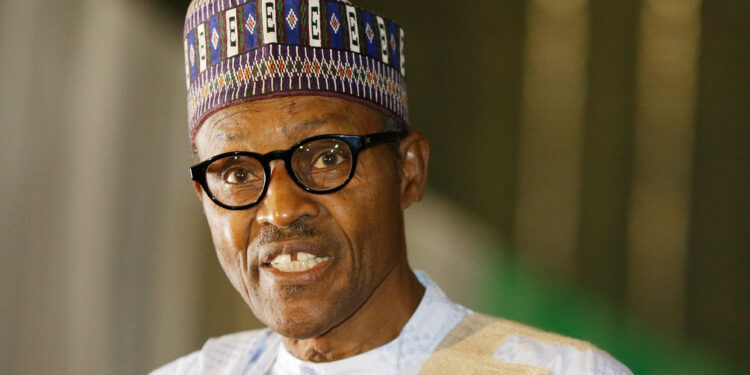President Muhammadu Buhari has signed the Doha amendment to Kyoto protocol on climate change.
The first citizen, on behalf of the Federal Republic of Nigeria, signed the Instrument of Ratification at Abuja on Friday the 2nd of October 2020.
With the signing, Nigeria became the 144th country to ratify the Doha Amendment of the Kyoto Protocol to the United Nations Framework Convention on Climate Change (UNFCC).
Confirming Nigeria’s endorsement of the climate treaty, the executive secretary of the UNFCC Patricia Espinosa tweeted:
“An incredible milestone! With 144 parties now signed, the Doha amendment enters into force. This is fantastic news for our process @UNFCCC towards #ClimateAction. Many thanks Nigeria @MBuhari for your ratification!”
https://twitter.com/PEspinosaC/status/1311987708294815744?ref_src=twsrc%5Etfw
Why was the ratification necessary?
According to Nigeria’s Minister of Environment, Dr Mohammad Abubakar, Nigeria’s endorsement of the climate treaty will enable the nation and other developing countries to tackle most of the environmental challenges bedevilling them.
The minister listed the challenges to include gas emission, global warming, erosion among others.
Background to Doha Amendment to Kyoto protocol on climate change
It is worthwhile to note that processes leading to the Doha amendment began in 1977 when 192 countries in a conference of parties on climate change under the United Nations framework on the convention of climate change agreed to reduce greenhouse gas emission by 5.2%.
According to Dr Abubakar: “The protocol needed 144 out of the 192 countries to give their signatures before it comes into full force.
“Over time, some countries pulled out of the agreement while a few others decided not to sign it for economic reasons,” he said.
In 2012, an amendment was made to the protocol in Doha, Qatar that created a second commitment period for 37 countries to cut their emissions from 2013 to 2020.


































